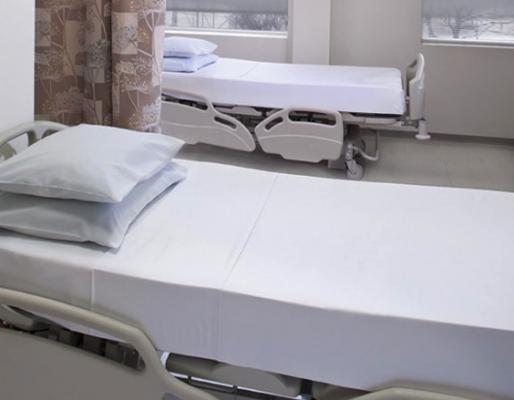
November 9, 2017 — In the Society for Cardiovascular Angiography and Interventions’ (SCAI) comment letter to the Centers for Medicare & Medicaid Services (CMS) regarding the 2018 Hospital Outpatient Prospective Payment System (HOPPS) proposed rule, SCAI took the opportunity to ask CMS to add the acute myocardial infarction percutaneous coronary intervention (AMI-PCI) Current Procedural Terminology (CPT) code (92941) to the inpatient-only (IPO) list.
SCAI believes it is reasonable that the hospital stay for a typical AMI-PCI patient is expected to be two midnights or longer. The society believes heart attack patients would expect their experience to be considered an inpatient event.
In the 2018 Hospital Outpatient Prospective Payment System (HOPPS) Final Rule, CMS has provided notice that they agree with the request to add AMI-PCI code 92941 to the inpatient-only list for CY 2018.
In recent years, CMS Recovery Audit Contractors (RACs) targeted claims for various “short hospital stays,” which lead to sharp increases in patients being relegated to “observation status” in attempts to avoid an audit. However, extended observation status brought with it seriously negative ramifications for Medicare patients, often significantly driving up their copay amounts and in some instances leading to denial of coverage for post-hospital rehabilitation care provided in a skilled nursing facility. Also, for patients with a recent inpatient stay, there may be penalties for readmissions within 30 days, leading facilities to inappropriately relegate patients returning for care to outpatient status in an attempt to avoid readmission penalties. CMS did provide some relief with the “two-midnight rule” which took effect in 2015, ruling that physicians could admit patients expected to stay two midnights or longer as inpatients. But concerns remain, and Medicare utilization statistics for the AMI-PCI code find that 6.3 percent of AMI-PCI patients were relegated to outpatient status in 2016.
SCAI’s Advocacy Committee, led by Osvaldo Gigliotti, M.D., FSCAI, chair, and Dmitriy Feldman, M.D., FSCAI, co-chair, has been monitoring these developments for years. SCAI leaders sought to clearly establish that AMI-PCI procedures are an inpatient experience for the facility and the patient. By having the AMI-PCI code added to the IPO list, Medicare will only reimburse hospitals if these procedures are provided within the inpatient setting. This should dissolve fears of RAC audits for these claims by facilities and should put a halt to any attempts by facilities that may be seeking to “game the system” by using outpatient status to avoid readmission penalties. As CMS moves forward with episode-based cost measures that are slated to directly impact physician reimbursement with increased weighting, it will be imperative that everyone is playing on a level playing field, according to SCAI.
The association said that by drawing a line firmly in the sand that patients being treated with PCI for AMI are “inpatient-only,” hospitals, providers and patients should experience immediate relief.
For more information: www.scai.org


 November 14, 2025
November 14, 2025 









